Editorial Note: The following is reprinted with permission from Eleanor Skelton’s blog. It was originally published on March 5, 2013.
I was one of those pre-teens longingly looking through the True Love Waits catalog back in the early 2000s. Wondering. Waiting.
Somehow, I wanted to believe that wearing one of these rings and promising to keep my thoughts pure and my body untouched would magically cause the man God had prepared for me to appear, just like Prince Charming of the fairy tales. I composed letters in my head to my future husband. I dreamed of the day when he would remove my purity ring from my finger and replace it with our engagement ring. I would save myself for him, and we would live happily ever after in the enjoyment of each other’s company.
My parents didn’t buy me a True Love Waits ring. Instead, on the Christmas I was 13, my dad gave me a simple tanzanite ring. I wore it until last year, when the gold band finally snapped.
I didn’t put it back on. And I haven’t repaired it yet. Someday, I probably will. But I was already questioning the thinking behind the purity movement of my teen years. Now don’t get me wrong. I still want to remain a virgin until marriage, and I think there is something to be said for seeking to live well. But now I have a different definition of purity.
Many Christian girls of my generation – including some of my closest friends – committed themselves to the “pure girls” movement, yet ended up wounded by it.
A blogger who posts under the pseudonym gracefortheroad explains it in a post called, “I don’t wait anymore.” She says, “A lot of girls were sold on a deal and not on a Savior” and ends with this thought, “I just didn’t want to wait anymore – didn’t want to live like I was waiting on anyone to get here. I already have Him … and He is everything.”
The Recovering Grace website has an article regarding the pitfalls of the emotional purity teaching prevalent ten years ago, which argues that if you have a crush, you are sinning and giving a piece of your heart away to someone or losing your emotional virginity. Believing these ideas caused me to become paranoid of hugging a guy friend or allowing myself to become attracted to a man.
Last year, my friend Anna G. shared a story with me called “The girl and the glass heart.” It confronts the lie that if I freely love, I am left with less to love other people with in the future. The lies that tell me that if I love and I am left heartbroken, I am tarnished and used up, unfit for another relationship. The Heart-Healer in the tale tells the girl:
“Only in brokenness can [your heart] truly be whole. …. Wholeness does not come from perfection. Wholeness comes from purpose. There is no purpose in a perfect heart. There is purpose in a broken one.”
I had forgotten about my old purity ring until a few weeks ago.
Last December, over Christmas break, I finally told someone about my history of self-harm throughout my childhood and my youth. For the first time, the darkest lies I believed and deepest wounds I carried flowed out of my heart in a 3 am chat powered by Mountain Dew.
Later, I bought two rings engraved with the words “Forgiven” and “Jesus” to remind myself of why I never need to punish myself. But when my friend Cynthia B. first saw them, she said, “Congratulations on your first real purity rings.”
I drew back and paused, then smiled. “Yes. They are my purity rings.” The rings I wear now are not to symbolize something I do or don’t do. They don’t have much to do with me at all.
Instead, these rings point to what He did. For me.
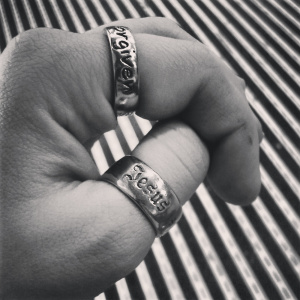


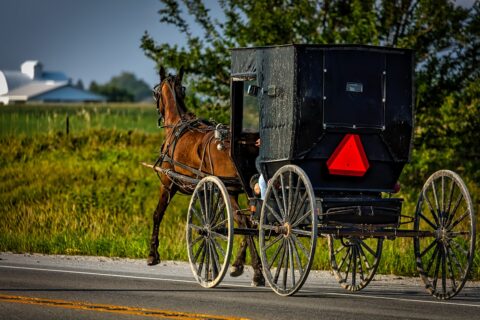


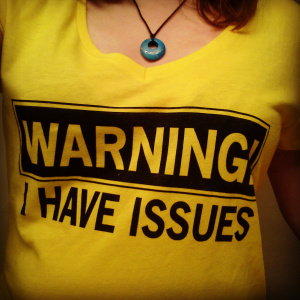

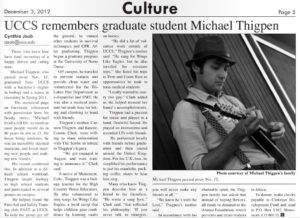
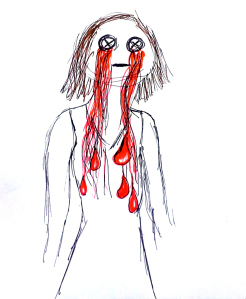 I couldn’t stop crying. I cried between every class, couldn’t focus on assignments and exams, took naps on the couch in our campus newspaper office and let the tears roll down.
I couldn’t stop crying. I cried between every class, couldn’t focus on assignments and exams, took naps on the couch in our campus newspaper office and let the tears roll down.